On June 20, HUANG Rui, Vice President of ZTE Corporation, visited the College of Intelligent Systems Science and Engineering at Harbin Engineering University (HEU). The two parties held in-depth discussions on technological innovation, talent cultivation, and advancing industry-university-research collaboration.
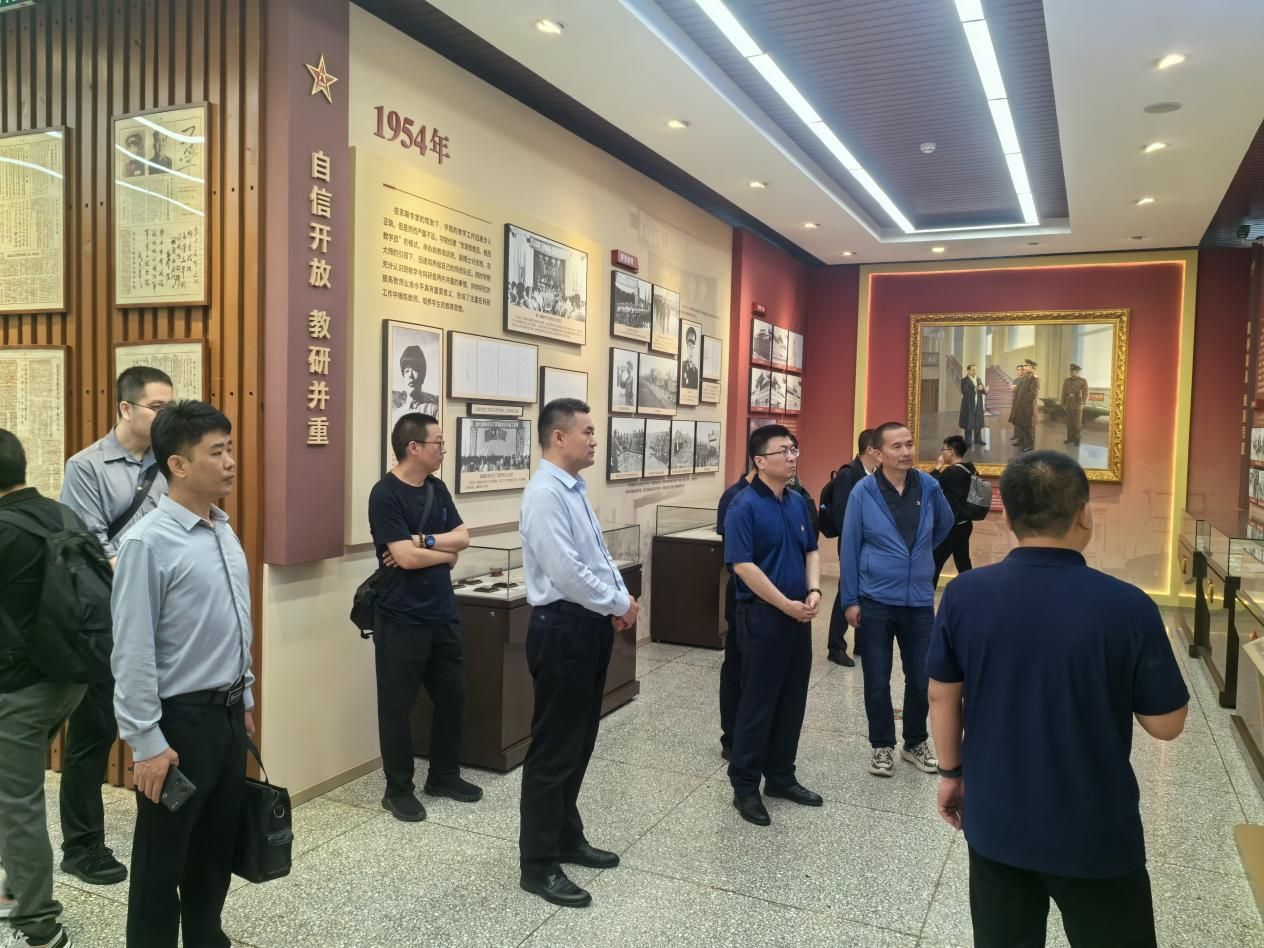
CUI Xingguo, Vice Dean of the College of Science and Technology, stated in his address that in recent years, HEU has actively developed emerging fields such as artificial intelligence and robotics, conducting high-level scientific research. He expressed anticipation for further deepening collaboration with ZTE.
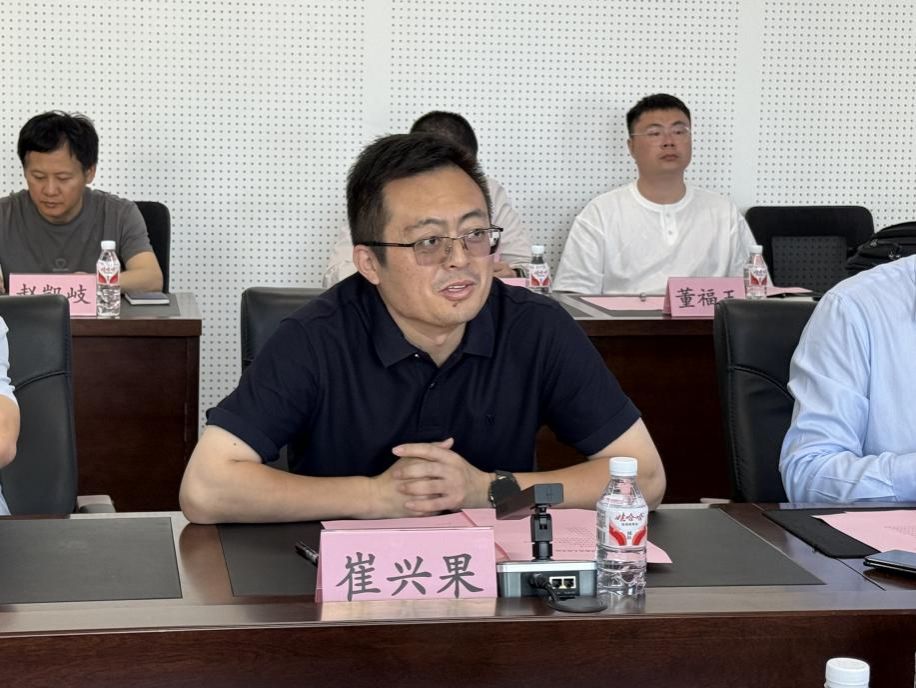
HE Jian, Vice Dean of the Undergraduate College, pointed out the expectation for sustained deepening of the integration of industry and education, as well as industry-university-research collaboration, to jointly enhance the quality of talent cultivation.
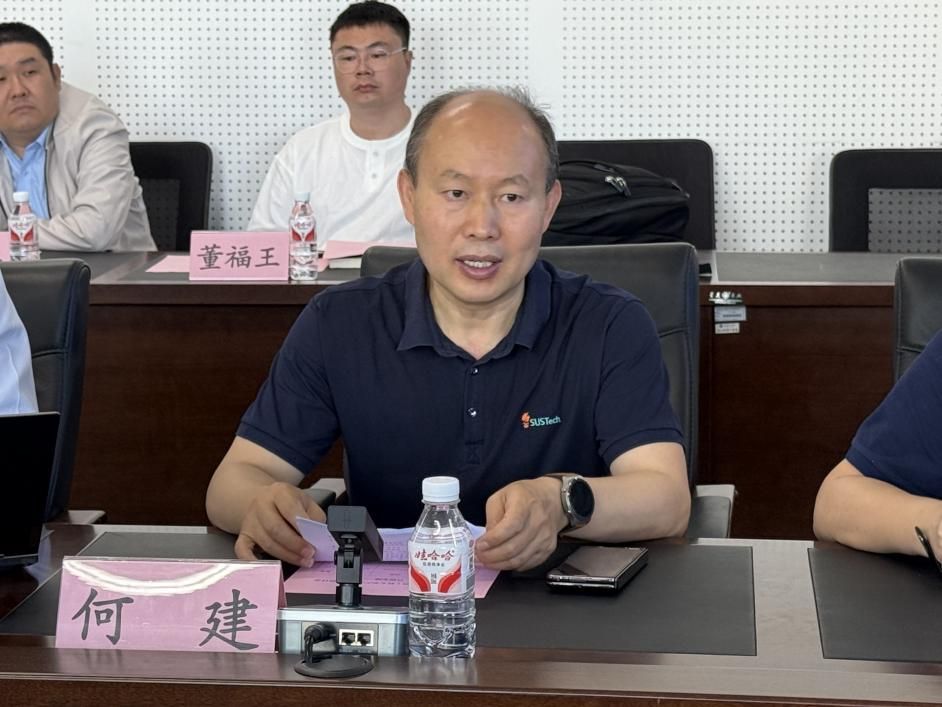
HUANG Rui highlighted that ZTE maintains close cooperation with HEU. ZTE would fully leverage its research strengths in cutting-edge fields such as robotics engineering and embodied intelligence to jointly promote in-depth collaboration between the two parties in areas like artificial intelligence and intelligent manufacturing.
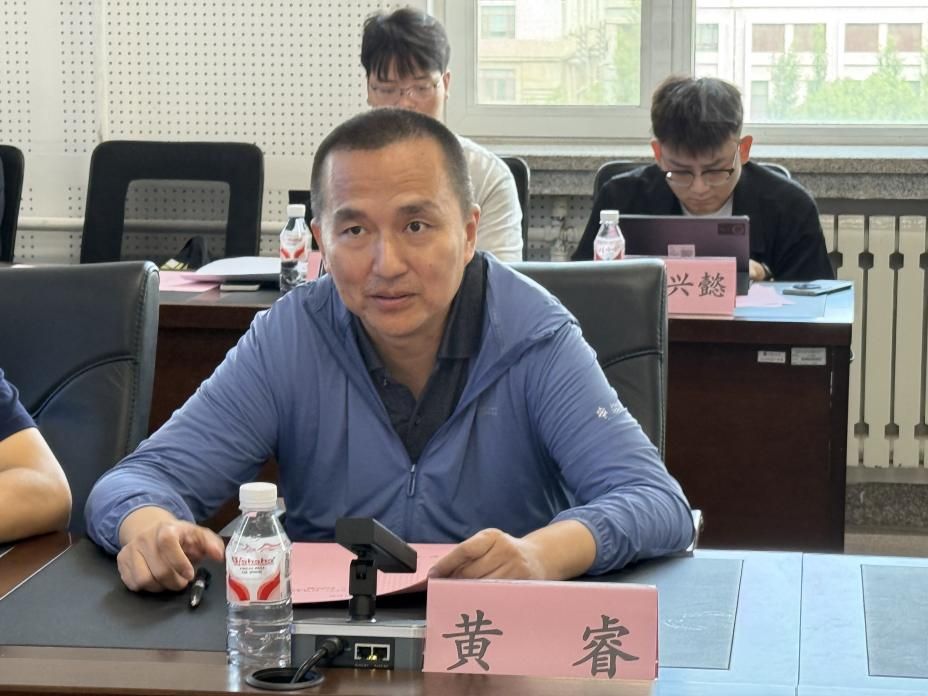
CAI Chengtao, Dean of the College of Intelligent Systems Science and Engineering, introduced the college's achievements in scientific research, innovation, and talent cultivation. He expressed hope for strengthened cooperation between the college and the ZTE Group to jointly advance scientific research and talent development in the field of artificial intelligence.
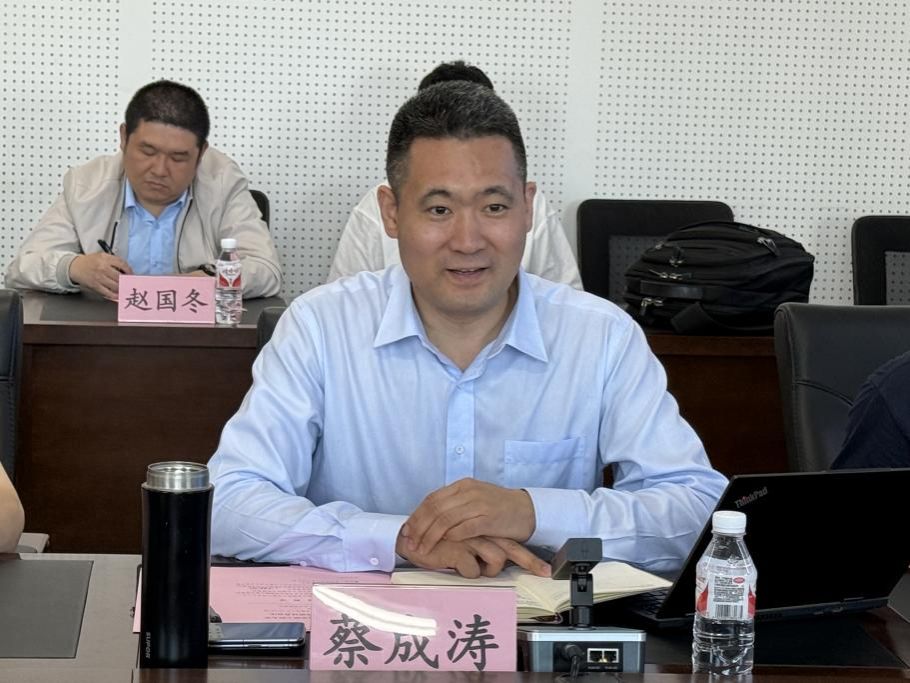
LIU Biao, Chief R&D Engineer for the robotics project, detailed the company's challenges in robotic perception, decision-making, and control technologies based on actual enterprise needs. He expressed the desire to deepen cooperation with HEU to jointly tackle technical challenges and promote the practical application of robotic technology in real-world scenarios.
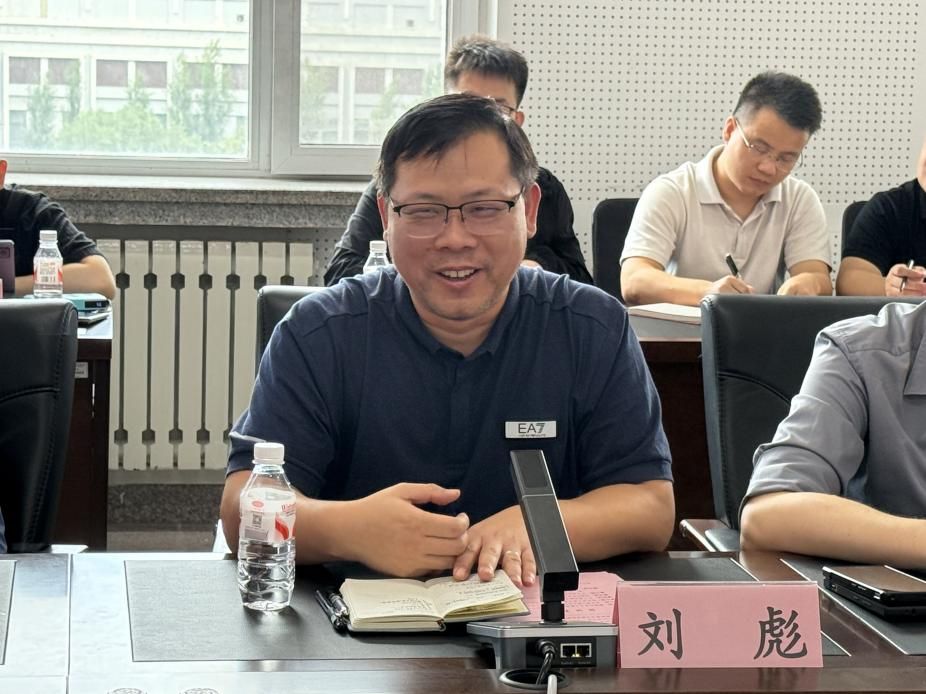
Both parties engaged in lively discussions on specific models for industry-university-research collaboration, potential project directions, and mechanisms for joint talent cultivation. They expect that through further cooperation, they can achieve resource sharing and complementary advantages, jointly tackle industry challenges, and drive technological progress and industrial upgrading in related fields.
